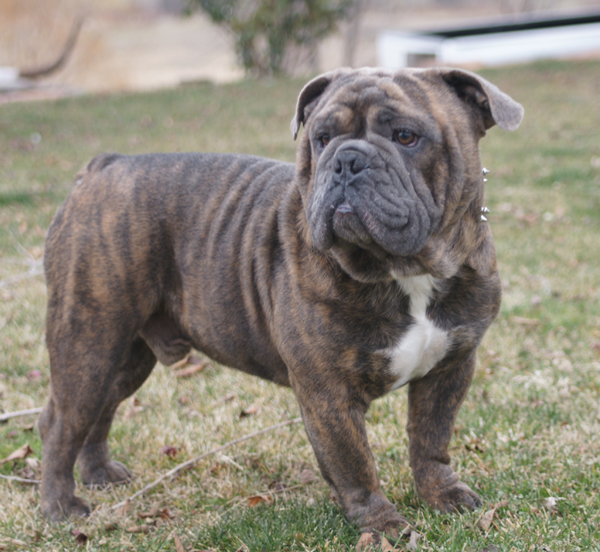I asked the question once of a young man of my acquaintance.
He was the only son of rich parents and had been reared like the
lilies of the field to "toil not".
Then suddenly his father decided that he must learn to work.
Working for a salary was supposed to teach him the value of money,
and learning the business would teach him how to care for his father's property
when he should inherit it. But he did not take kindly to the lessons.
He had been a butterfly so long he could not settle down to being a busy bee.
Office hours came too early in the morning, and why should he keep
office hours, anyway, when the fishing and hunting were good?
"Bert," I said to him one day, "what would you do if you had a million dollars?"
Bert looked at me gravely for a moment and then, with a twinkle in his eye,
said earnestly: "If I had a million dollars, I would buy a bulldog, a big brindled one.
I would keep him under my office desk and if anyone came in and said 'business'
to me, I would say, "Take him, Tige."
I read in a California paper last week of an altogether different type of man
who had arrived at somewhat the same conclusion as Bert, but by exactly
the opposite route. This man was an old desert prospector, "desert rat" as
they are called in the West, who had spent years hunting for gold in the desert.
He came out to the nearest town with his burro and packs after supplies and
found that he was heir to a fortune, and that there had been quite a search
through the country to find him. He did not want the money, and at first
refused to take it. But it was his and he must make some disposition of it,
so he insisted that a trustee be appointed to take care of it for him.
The old "desert rat" with all his worldly possessions in a pack on the
back of a burro, and Bert, who had grown to manhood with no wish unsatisfied
that money could gratify, had both come to the same decision-the burden of
riches was more than they could bear.
The real character of men and women comes to the surface under stress,
and sudden riches is as strong a test as any. Just now there is a chance of fortune
coming to unexpected places in the Ozark hills through the boom in mining
operations. Several farm women were talking over the prospects.
"What will you do when they strike it rich on your place?" someone asked.
"Oh! I'll get some new spring clothes and some more Holsteins," answered Mrs. Slade.
"Clothes, of course, but who would stop there?" exclaimed Mrs. Rice. "I shall
buy motor cars and diamonds."
"I'll sell out and leave these hills," said Mrs. Wade. "How about you, Mrs. Woods?"
"I wouldn't go away," said Mrs. Woods slowly. I should just like to help, and
I can help better where I am accustomed to people and things."
Her serious face lighted and her eyes shone as she continued: "I do so desire to
help a little and there is so much one could do with a little money, not just
ordinary charity-there are so many people looking after that-but some
playthings for children here and there who do not have any; the pleasure of paying
a mortgage now and then for some hard-working family who could not pay it themselves;
just helping those who need it before they become discouraged. It would be so much
better than taking care of them after they have given up trying to help themselves.
I'm going to do some of these things if they find ore on our place."
And so they showed their different characters and dispositions and the objects of
their lives-business and show and snobbishness on the one hand, and love for
others, with a sincere desire to share good fortune with those less fortunate on the other.
What would you do if you should suddenly become rich?
Think out the answer and then look at yourself impartially
by the light that answer will throw upon you!
It is surprising what an opinion one sometimes forms of one's self
by mentally standing off and looking on as at a stranger.
"What Would You Do?"
By Laura Ingalls Wilder
(April, 1918)



No comments:
Post a Comment